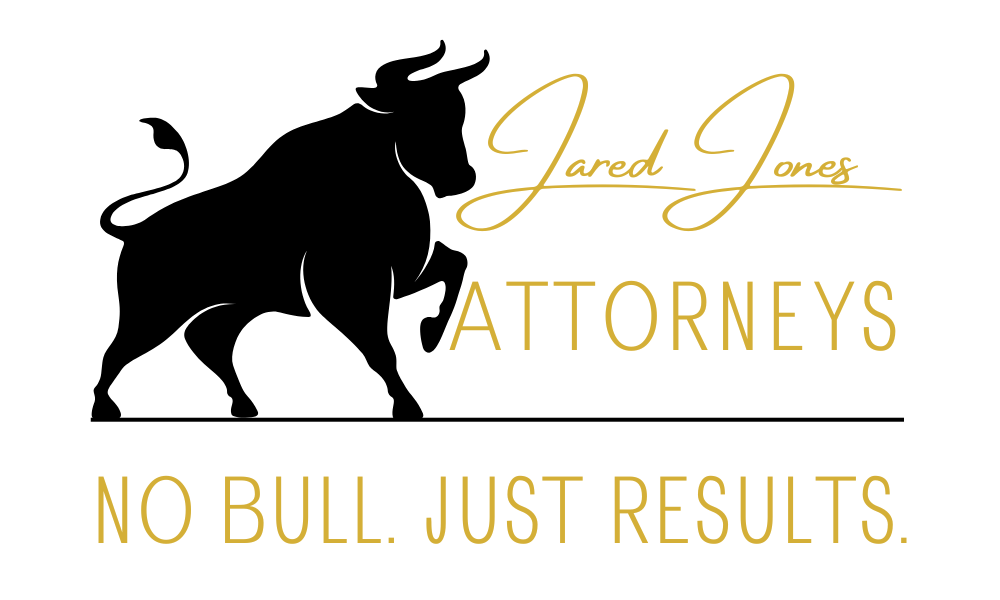Caught With Illegal Substances? What the Law Says & What to Do
Being caught in possession of illegal substances can have serious legal consequences in South Africa, where drug-related offences are treated with utmost severity. Whether you are caught with a small quantity of drugs for personal use or face trafficking charges, it is important to understand the law and know what steps to take to ensure a fair trial and protect your legal rights.
South African law differentiates between possession and trafficking of illegal substances. The Drugs and Drug Trafficking Act (Act No. 140 of 1992) governs the use, possession, and distribution of controlled substances, which include drugs such as cannabis, cocaine, methamphetamine, and heroin. The consequences for violating these laws depend on various factors, including the amount of substance found in your possession, the circumstances of your arrest, and your criminal history.
Possession refers to holding illegal substances for personal use, whereas trafficking involves the distribution or intended distribution of illegal substances. The law treats trafficking more severely than possession, and the penalties for trafficking are significantly harsher. If you are caught with a small amount of illegal drugs, it may be classified as possession for personal use. In these cases, the penalty might be a fine, probation, or rehabilitation. However, if you are found with a larger quantity of drugs, especially if they are packaged or divided into smaller portions, it could suggest that you intend to distribute or sell them. This would be classified as trafficking and result in much more severe penalties.
Even if the amount of drugs you possess is small, being caught with illegal substances can result in a criminal record, which could affect your future employment, travel opportunities, and other aspects of your life. It is crucial to understand that criminal convictions for drug-related offences are serious, and you should take them seriously.
When you are arrested for drug possession, it is essential to be aware of your rights. According to Section 35 of the South African Constitution, you have the right to remain silent and not to incriminate yourself. It is important to remember that anything you say during your arrest or interrogation can be used against you in court. Therefore, the best course of action is to request a lawyer as soon as possible. You have the right to legal representation at any point during the arrest and trial process. A skilled criminal defence lawyer can make a significant difference in the outcome of your case, assessing the evidence and advising you on the best strategy for your defence. If you cannot afford a private lawyer, the state is required to provide you with legal aid.
Once arrested, you will be taken to a police station, where you will be formally charged. The police must inform you of the charges and allow you to make a phone call to a family member or legal representative. This is your opportunity to contact a lawyer who can guide you through the process and help protect your rights.
In some cases, you may be eligible for bail, which would allow you to remain free until your court appearance. Bail is typically granted unless the state can prove that you pose a risk to public safety or are likely to flee. If bail is granted, there may be conditions attached, such as reporting to the police regularly or surrendering your passport. If you are a first-time offender or caught with a small quantity of drugs, you may be eligible for diversion. Diversion is an option that redirects the accused away from the criminal justice system and into rehabilitation or treatment programs. This option is commonly used for those caught with drugs for personal use rather than trafficking. It is aimed at addressing the root causes of drug abuse and reducing the likelihood of re-offending. However, diversion is not available for more serious drug offences, such as trafficking or when the individual has a history of drug-related convictions.
In South Africa, the courts often opt for rehabilitation instead of incarceration, particularly when the offence involves drug use rather than violent actions. Rehabilitation is seen as a way to address the underlying issues related to drug abuse, such as addiction. Many rehabilitation programmes and treatment centres are available for individuals caught with drugs, focusing on detoxification and long-term recovery. In cases where rehabilitation is deemed appropriate, the courts may choose to send the accused to a treatment facility instead of prison.
After being formally charged, you will attend your first court appearance. At this stage, your lawyer will advise you on the best course of action and help you prepare for the trial. Drug-related cases can be lengthy, especially when they involve trafficking or other serious charges. The prosecution must prove beyond a reasonable doubt that you were in possession of illegal substances and that you were aware of the nature of the drugs. If the prosecution fails to meet its burden of proof, you may be acquitted. However, if you are convicted, the penalties can range from fines and community service to imprisonment, depending on the amount of drugs involved and whether you have a history of drug-related offences.
Being caught with illegal substances is a serious issue that can have significant consequences. The legal process surrounding drug offences can be complicated, and the best way to protect your rights is to seek professional legal help. A lawyer can help you navigate the legal system, understand your options, and ensure that you are adequately prepared for what lies ahead. If you are facing charges related to drug possession or trafficking, it is important to remember that you do not have to face the situation alone. Legal representation can help you understand your rights and potentially reduce the severity of the consequences you face.

